IBDP
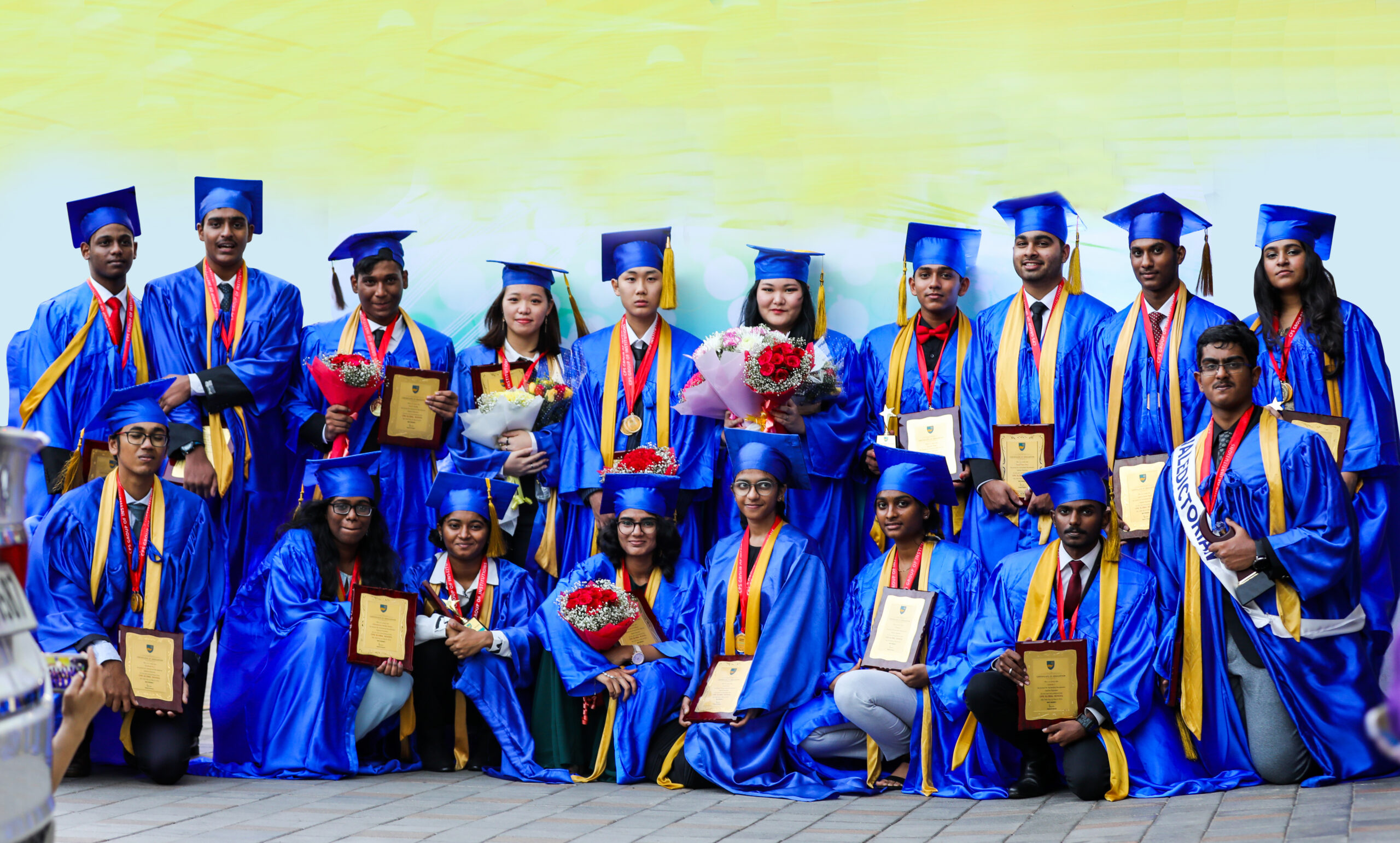

IB Diploma Programme
We are accredited to offer the two years Diploma Programme (DP) of the International Baccalaureate Organisation of Geneva. It is the highly sought-after pre-university program for students aged 16-19 years. The programme aims to develop students who have excellent breadth and depth of knowledge – students who flourish physically, intellectually, emotionally and ethically. It is an academically challenging and balanced program that prepares students for university education and employment anywhere in the world; facilitates geographic and cultural mobility and promotes international understanding.
IB Mission Statement
The International Baccalaureate aims to develop inquiring, knowledgeable and caring young people who help to create a better and more peaceful world through intercultural understanding and respect. To this end the organization works with schools, governments and international organizations to develop challenging programmes of international education and rigorous assessment. These programmes encourage students across the world to become active, compassionate and lifelong learners who understand that other people, with their differences, can also be right.
IB learners strive to be
Inquirers
We nurture our curiosity, developing skills for inquiry and research. We know how to learn independently and with others. We learn with enthusiasm and sustain our love of learning throughout life.
Thinkers
We use critical and creative thinking skills to analyze and take responsible action on complex problems. We exercise initiative in making reasoned, ethical decisions.
Principled
We act with integrity and honesty, with a strong sense of fairness and justice, and with respect for the dignity and rights of people everywhere. We take responsibility for our actions and their consequences.
Caring
We show empathy, compassion and respect. We have a commitment to service, and we act to make a positive difference in the lives of others and in the world around us.
Balanced
We understand the importance of balancing different aspects of our lives-intellectual, physical, and emotional- to achieve well-being for ourselves and others. We recognize our interdependence with other people and with the world in which we live.
Knowledgeable
We develop and use conceptual understanding, exploring knowledge across a range of disciplines. We engage with issues and ideas that have local and global significance.
Communicators
We express ourselves confidently and creatively in more than one language and in many ways. We collaborate effectively, listening carefully to the perspectives of other individuals and groups.
Open-Minded
We critically appreciate our own cultures and personal histories, as well as the values and traditions of others. We seek and evaluate a range of points of view, and we are willing to grow from the experience.
Risk-Takers
We approach uncertainty with forethought and determination; we work independently and cooperatively to explore new ideas and innovative strategies. We are resourceful and resilient in the face of challenges and change.
Reflective
We thoughtfully consider the world and our own ideas and experience. We work to understand our strengths and weaknesses in order to support our learning and personal development.
Programme Model and Requisites
The Curriculum
IB Diploma Programme students study six courses – usually three at Higher Level (HL) and three at Standard Level (SL). Students must choose one subject from each of groups 1 to 5, thus ensuring breadth of experience in languages, individuals and societies, the experimental sciences and mathematics. The sixth subject may be an arts subject chosen from group 6, or the student may choose another subject from groups 1 to 4. Depth is ensured by requiring 3 or 4 subjects at Higher Level. HL and SL courses differ in scope but are measured according to the same grade descriptors, with students expected to demonstrate a greater body of knowledge, understanding and skills at higher level.
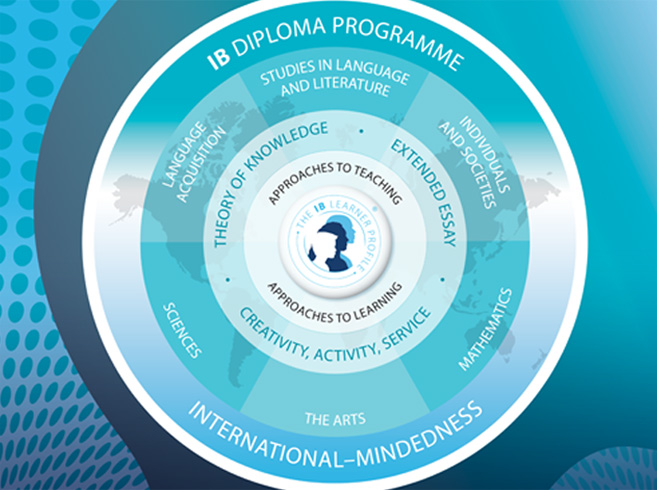
DP Core
In addition the programme has three core requirements that are included to broaden the educational experience and challenge students to apply their knowledge and understanding:
1. The Extended Essay (EE) requires students to engage in independent research through an in-depth study of a topic of interest within a chosen subject finishing with a 4,000-word paper.
2. Theory of Knowledge: This course cultivates the capacity to critically reflect upon the foundational presuppositions of other subjects of study, the nature of knowledge and how we know what we claim to know.
3. Creativity, Activity, Service (CAS) requires that students actively learn from the experience of doing real tasks beyond the classroom. Students can combine all three components or do activities related to each one of them separately for at least 18 months. Students reflect on their CAS experiences as part of the DP, and provide evidence of achieving the seven learning outcomes for CAS.
Six subject groups of IBDP
Higher Level
GROUP 1:
STUDIES IN LANGUAGE & LITERATURE
- English A
- Language and Literature
GROUP 2:
LANGUAGE ACQUISITION
- Hindi B
GROUP 3:
INDIVIDUALS AND SOCIETIES
- Business Management
- Economics
GROUP 4:
SCIENCES
- Biology
- Chemistry
- Physics
- Computer Science
GROUP 5:
MATHEMATICS
- Mathematics Analysis & Approaches (AA)
- Mathematics: Applications & Interpretation (AI)
GROUP 6:
THE ARTS
- Visual Arts
Standard Level
GROUP 1:
STUDIES IN LANGUAGE & LITERATURE
- English A
- Language and Literature
GROUP 2:
LANGUAGE ACQUISITION
- French ab initio
- French B
- Spanish ab initio
- Spanish B
- Hindi B
- Tamil B
GROUP 3:
INDIVIDUALS AND SOCIETIES
- Business Management
- Economics
- Environmental Systems & Societies
GROUP 4:
SCIENCES
- Biology
- Chemistry
- Physics
- Computer Science
- Environmental Systems & Societies
GROUP 5:
MATHEMATICS
- Mathematics Analysis & Approaches (AA)
- Mathematics: Applications & Interpretation (AI)
GROUP 6:
THE ARTS
- Visual Arts
Grades & Assessment
Each examined subject is graded on a scale of 1 (minimum) to 7 (maximum) and up to 3 points can be earned for the Extended Essay and Theory of Knowledge. The diploma is awarded to students who gain at least 24 points, subject to certain minimum levels of performance across the whole programme (for instance, 12 points in 3 Higher Level subjects) and to satisfactory participation in the three core requirements. The highest total that a Diploma Programme student can be awarded is 45 points.
Students complete assessment tasks in the school, which are marked initially by teachers and then moderated by external moderators or sent directly to external examiners. Students also take written examinations, which are marked by external IB examiners, in May of the second year.
BEYOND LEARNING
Young learners of CPS Global experience a spread of co-curricular and extra curricular opportunities that nurture and celebrate individual character, help develop social skills to get along with others, whilst building self-esteem and self-reliance. Together young hearts and minds are moulded to be resilient, respect people from every walk of life, and choose to make a difference in the lives of others.
External Certifications
We are very much desirous about profile building of every child passing through the doors of CPS Global to acquire the right skills and knowledge they need to reach the futures that are right for them. Our partnerships with both National and International certifying/testing organisations train our students of varied age groups and award qualifications based on the acquired competencies at a pace that suits them. Take a quick glance now.
Cambridge English
Cambridge English Qualifications are in-depth exams that make learning English enjoyable, effective and rewarding. They motivate students of all ages and abilities to learn English and develop practical skills for the real world.


Trinity Speech & Drama
Trinity College London’s Speech and Drama exams are designed for candidates who want to focus on a variety of spoken and performance forms. Candidates perform and show knowledge and understanding of a mixture of texts including plays, poetry and prose in a range of styles and from different periods.

DELF/DALF
Learning a foreign language is an incredible way to boost brain power, confidence, and employment opportunities. After English, French is the most-learned language worldwide. CPS Global strongly believes that proficiency in learning French opens many doors to students throughout their academic and professional careers.


Olympiads
The premise of the Olympiad is to inspire students to think differently and critically. It challenges them to come out of their comfort zone and build one’s desire to widen their knowledge. This exercise improves their problem-solving ability, logical reasoning, analytical and higher order thinking skills.


Affiliations




Accolades



Associations











Affiliations




Accolades



Associations








Date
Color
july, 2024


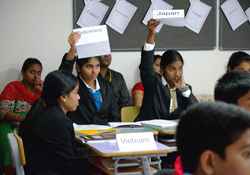
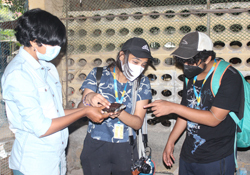
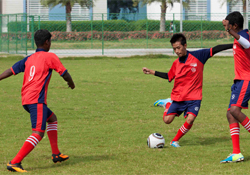
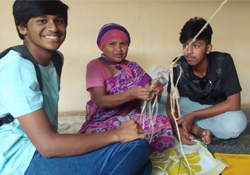
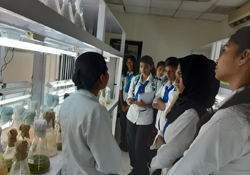
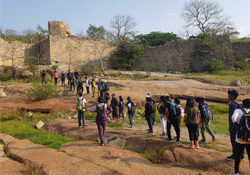
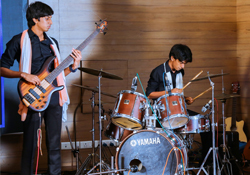


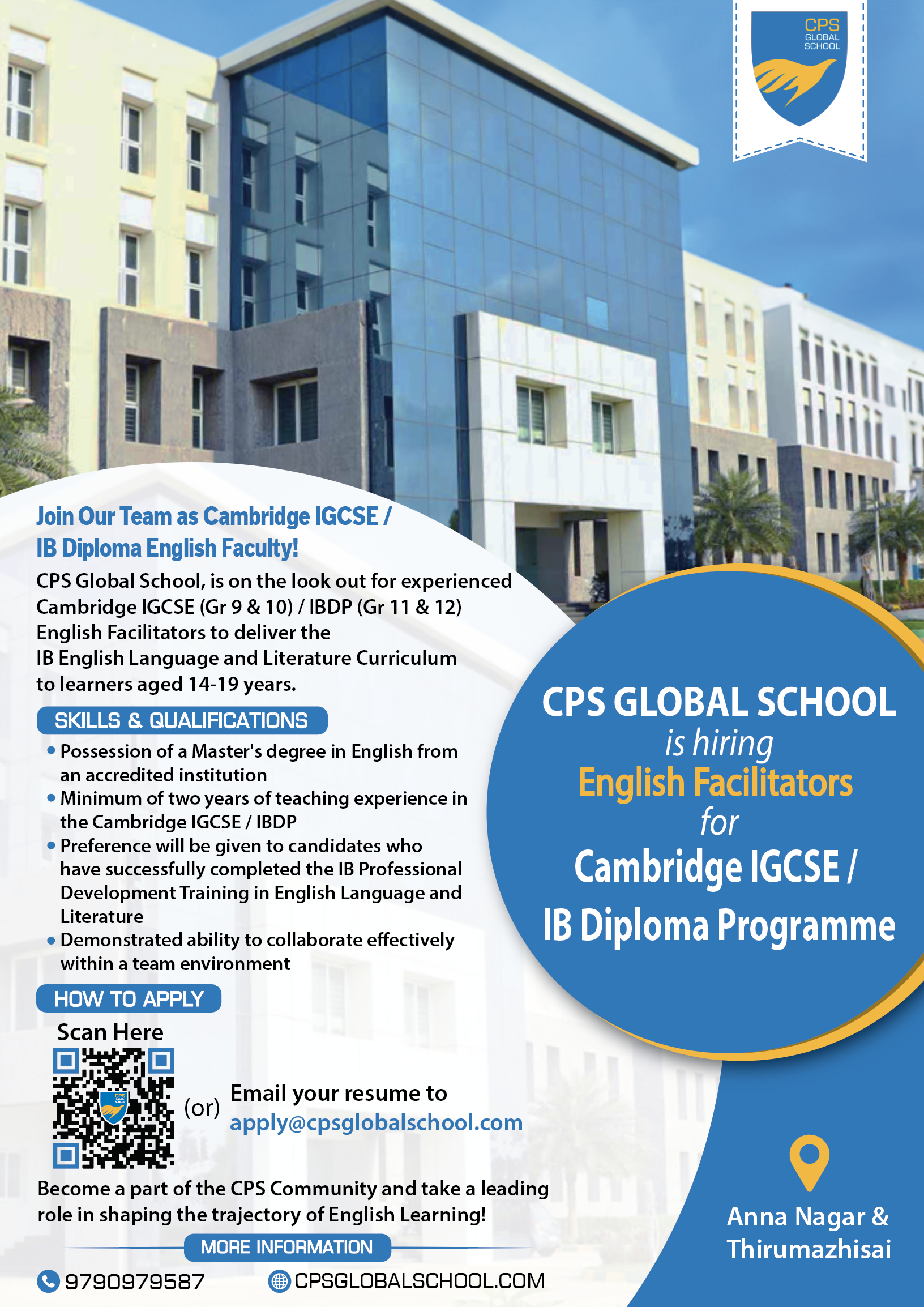
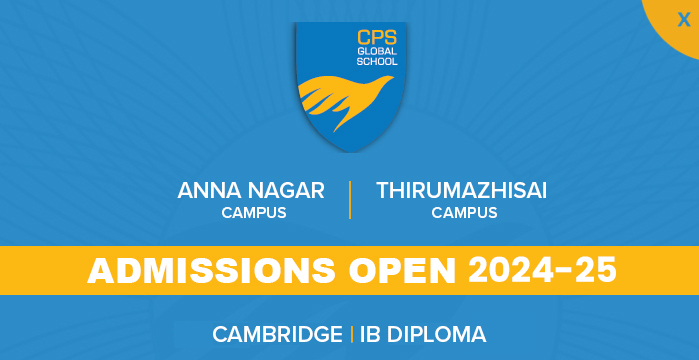

 Watch Video
Watch Video